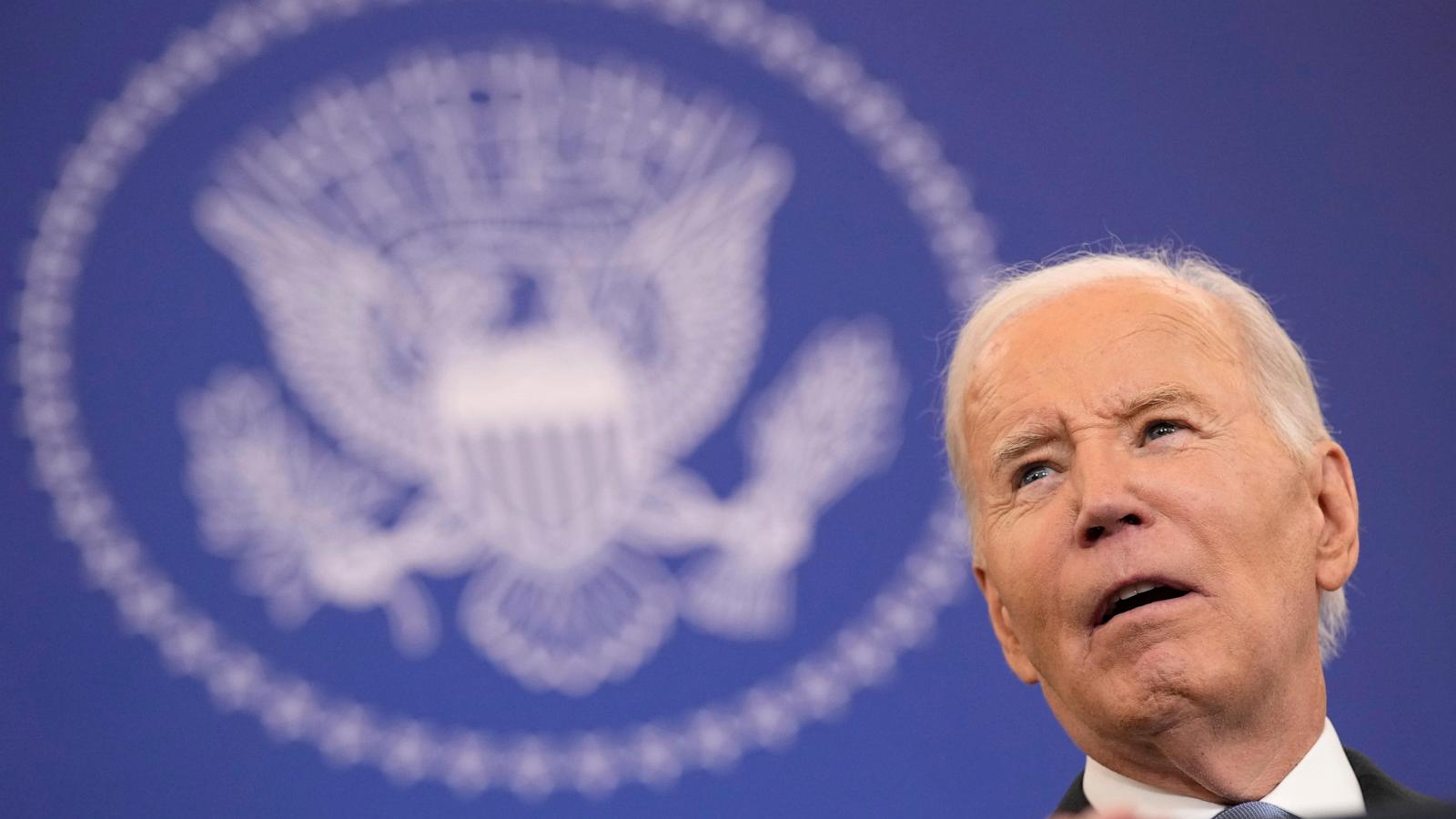Biden Administration to Lift Cuba's State Sponsor of Terrorism Designation: A Controversial Move
The Biden administration is poised to overturn a key Trump-era decision, removing Cuba from its list of state sponsors of terrorism. This shocking move is sure to ignite a firestorm of controversy, sparking debate and setting the stage for a dramatic political showdown! What does this mean for U.S.-Cuba relations? Will this decision open doors for a renewed era of diplomacy, or will it plunge the two nations into a deeper chasm of division? Read on to uncover the full story!
Understanding the History: Cuba's Complex Relationship with Terrorism
Cuba's tumultuous history with terrorism is intricate and multi-layered. For decades, the island nation has been a focal point of international concern due to its alleged involvement with terrorist organizations. However, opinions on Cuba’s true involvement and role remain vastly divided. Analyzing Cuba's history requires consideration of several perspectives, not just official U.S. statements.
Examining Past Allegations
Numerous accusations link Cuba to supporting various groups deemed terrorist organizations by the United States and other nations. These claims range from harboring individuals wanted for acts of violence, to providing material support or refuge to dissident factions. To understand the full context, we need to meticulously study each accusation to avoid oversimplifications. It’s critical to dissect what constitutes support versus mere presence, determining whether a state sponsor designation is deserved or simply a political strategy.
Counterarguments and Cuba's Stance
Cuba vehemently denies all accusations and consistently emphasizes its firm stance against terrorism. The island nation has often portrayed itself as a victim of unjust U.S. policies. The claim is that being designated as a sponsor has served only to obstruct any prospect of improved relations. To see the bigger picture, it's worth analyzing Cuba’s historical role, regional security conflicts, and foreign policies, avoiding selective evidence that only proves one side's arguments.
The Biden Administration's Decision: A Bold Step Towards Normalization?
The Biden administration’s surprising move to lift the terrorism designation has been met with an enthusiastic response from some groups and fervent resistance from others. While advocates celebrate it as a promising step toward normalizing relations with Cuba, opponents remain fiercely opposed. But this momentous shift presents more complex nuances that need a deeper exploration.
Expected Economic and Political Ramifications
Experts predict that removing Cuba's designation could unleash major economic shifts for both nations. It would undoubtedly impact trade, investment, tourism, and various other commercial relationships. The potential effects might also extend beyond just business – think about possible changes in immigration and diplomatic dialogues.
Reactions and Responses from Various Parties
Numerous parties have aired their opinions, from lawmakers and human rights groups to Cuban Americans and other global actors. There is no single unanimous opinion or reaction to the change. Each individual holds different perspectives and approaches based on past experiences, current policies, and long-term objectives. A clear trend that needs a separate analysis is evident in varied responses, depending on personal and national interests.
Potential Future Implications and Challenges Ahead
Looking ahead, many unanswered questions remain about what this bold move by the Biden administration will lead to. What conditions does this require? Can Cuba genuinely become an amicable partner, fostering peace instead of harboring conflict? Will improved ties between the two nations create an actual shift toward progress?
Addressing Ongoing Concerns and Expectations
The decision doesn't diminish other substantial and persisting issues. It does not necessarily eliminate concerns regarding human rights, political repression, or continued assistance provided to troublesome governments. These remain important issues demanding independent oversight and ongoing efforts to improve.
Navigating Political Landscape and Maintaining Diplomacy
Sustaining this improved relationship necessitates sensitive navigation of political sensitivities, which includes balancing national security interests alongside humanitarian objectives. The challenge will also require tactful mediation, diplomacy, and genuine collaboration to yield any promising gains. Maintaining such sensitive cooperation is far from trivial.
Take Away Points
The Biden administration's decision to lift Cuba's designation as a state sponsor of terrorism represents a watershed moment in U.S.-Cuba relations. This significant action has sparked widespread debate, with proponents welcoming the move as an opportunity to foster normalization and reconciliation and detractors expressing skepticism about the timing and implications. Whether this momentous choice results in genuine rapprochement or only sets the stage for further conflict remains a question for the future. The path ahead calls for careful diplomacy, persistent dialogue, and the active consideration of all related factors before arriving at an informed opinion on the impact of such decisions.




